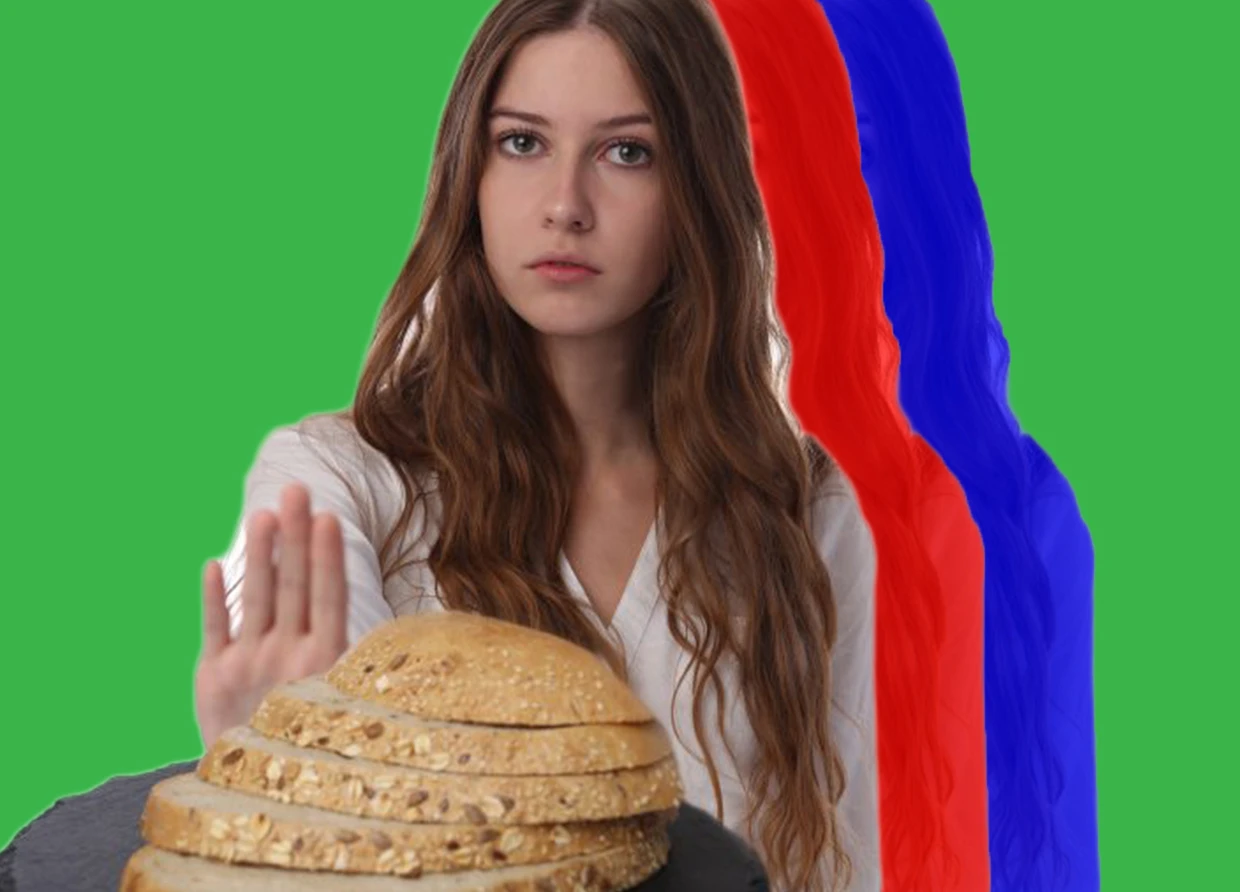GLUTEN-FREE DIET: WHAT IS IT?
Learn more about the gluten-free diet and its benefits.

Diet is one of the various methods for losing weight and keeping your body healthy. Many different types of diets may be chosen and altered during those processes, including a gluten-free diet.
The gluten-free diet gained popularity among the general public due to its purported health benefits such as its ability to be used as a way to lose weight, increase energy, get rid of bloating, reduce joint pain, reduce headaches' frequency, help with depression, and improve your bones health.
It is a dietary pattern in which the person avoids gluten-containing foods such as wheat, rye, and barley. Gluten is one of the most common proteins found in wheat. It works as a glue, holding food together and allowing it to maintain its structure.
Gluten proteins are known to produce a sticky substance with a glue-like texture when combined with water. These qualities are required in bread makers so that the dough can become elastic, chewy, and expand later when baked.

Unfortunately, some people have trouble digesting gluten. This happens due to some people with Celiac disease. It is a condition in which the body is unable to absorb gluten. So, instead of digesting gluten, the body perceives it as a danger.
Because of this, antibodies produced in the body target the lining of the small intestine, causing swelling and tissue damages. That's why celiac disease symptoms such as diarrhea, anemia, skin patches, and bone discomfort arise whenever the patient consumes gluten-containing foods.
Note that it was the reason why a gluten-free diet is critical for reducing the signs and symptoms of celiac disease and other gluten-related medical disorders.
The staples
If we're talking about the basic principle of a gluten-free diet, it is mainly to avoid eating gluten-containing foods. Wheat, rye, and barley, on the other hand, are high in gluten and can be found in a variety of foods.
When deciding to follow a gluten-free diet, you must be willing to give up some of your favorite foods. For example, the most common one is bread. If you're used to eating bread for breakfast, you should stay away from this one meal if you wish to start a gluten-free diet. Even yet, that doesn't rule out the possibility of eating several sorts of bread that are okay for a gluten-free diet.
You also have to avoid pasta, since wheat is used to make all types of pasta, from spaghetti to macaroni to fusilli. Other foods with wheat include biscuits, cereals, oats, a variety of pastries, and many more.

As a replacement for wheat, you can select dishes produced from various grains, such as buckwheat flour, arrowroot, cornflour, rice, soy, and tapioca flour, which are some gluten-free grains other suitable choices. Whole grains are a major source of fiber or carbohydrates. This fiber is critical for the correct functioning of human digestive organs.
In addition, you must change your diet to include a variety of nutritious foods as well. Increase your intake of fresh foods, including fruits and vegetables, nuts, eggs, low-fat meats, and low-fat dairy products to keep your nutrition needs.
And yes, gluten-free ingredients or foods are available, but they can cost up to twice as much as regular items. But it's now more common to find gluten-free meals. You can simply look for a gluten-free label on the package.
A gluten-free diet is best for those who have an actual gluten intolerance. If you don't have any health problems, maintaining a healthy diet by eating various nutritious foods and getting enough exercise or physical activity is probably the better option than doing a gluten-free diet.
Or, if you are serious about going on a diet for a specific reason, you should get advice from a doctor or nutritionist to ensure that this gluten-free diet is okay for your body and won't let you become malnourished.
#THE S MEDIA #Media Milenial #Celiac disease #gluten free diet



























